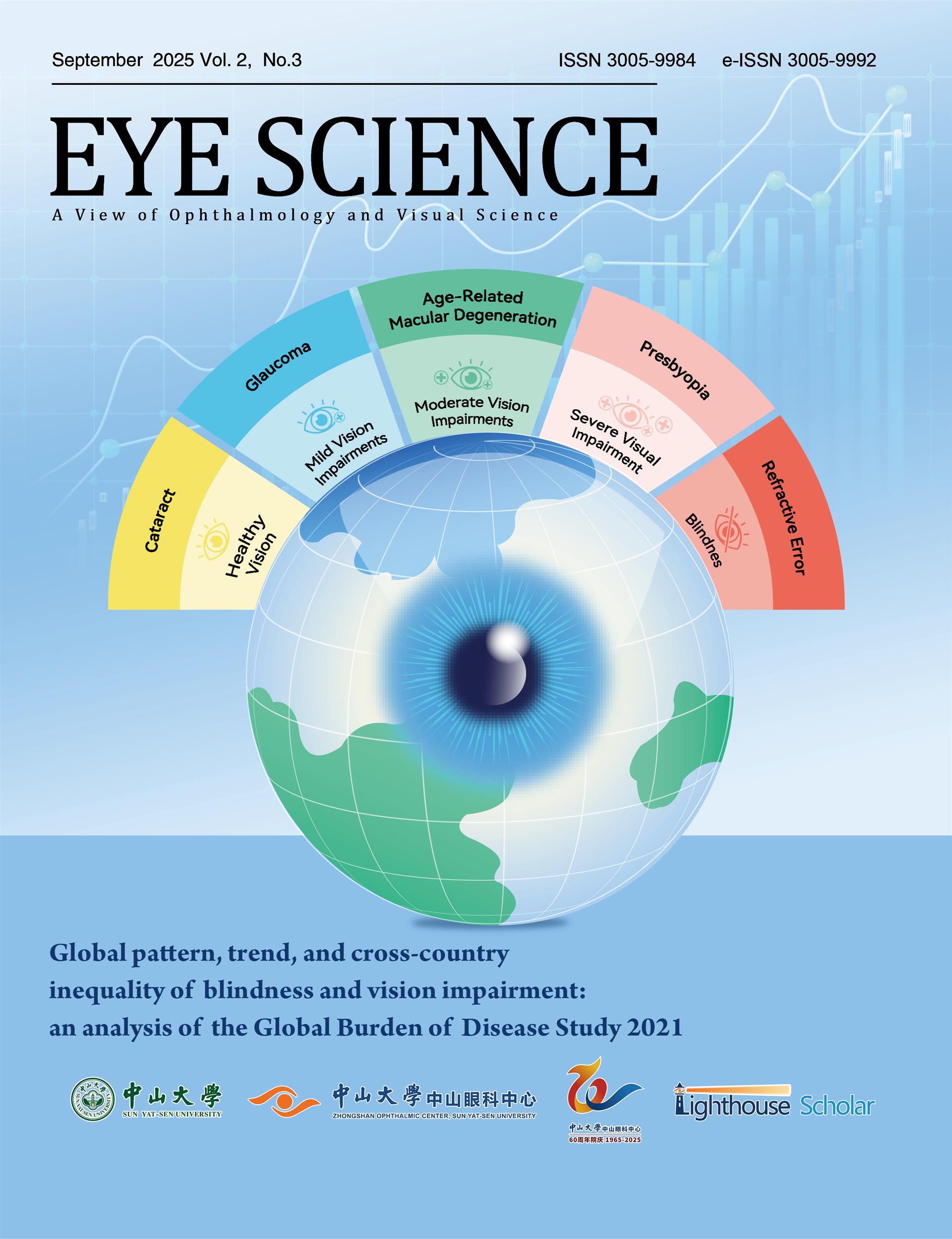- Home

- Journal Info

- Ethics and Policies

- Aims and Scope
- Authorship
- Article Processing Charges
- Copyright
- Conflict of Interest
- Publication Ethics
- Human and Animal Rights
- Clinical Trials
- Data Sharing
- Data Visualization
- Declaration of Generative AI
- Plagiarism Screening Policy
- Appeals and Complaints
- Corrections and Commentary
- Consent for Use of Material
- Open Access Statement
- Advertisement
- Manuscript Handling
- Bright Issues

- Archive

- Articles In Press

- Editor's Choice

- News

- For Authors









